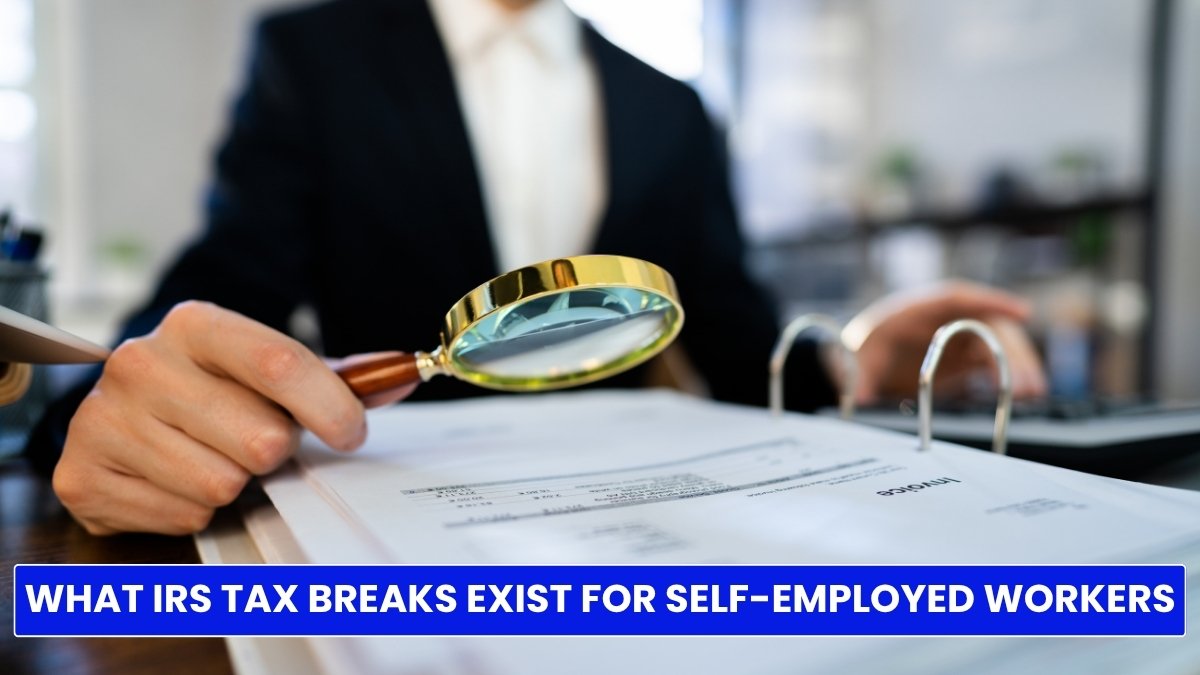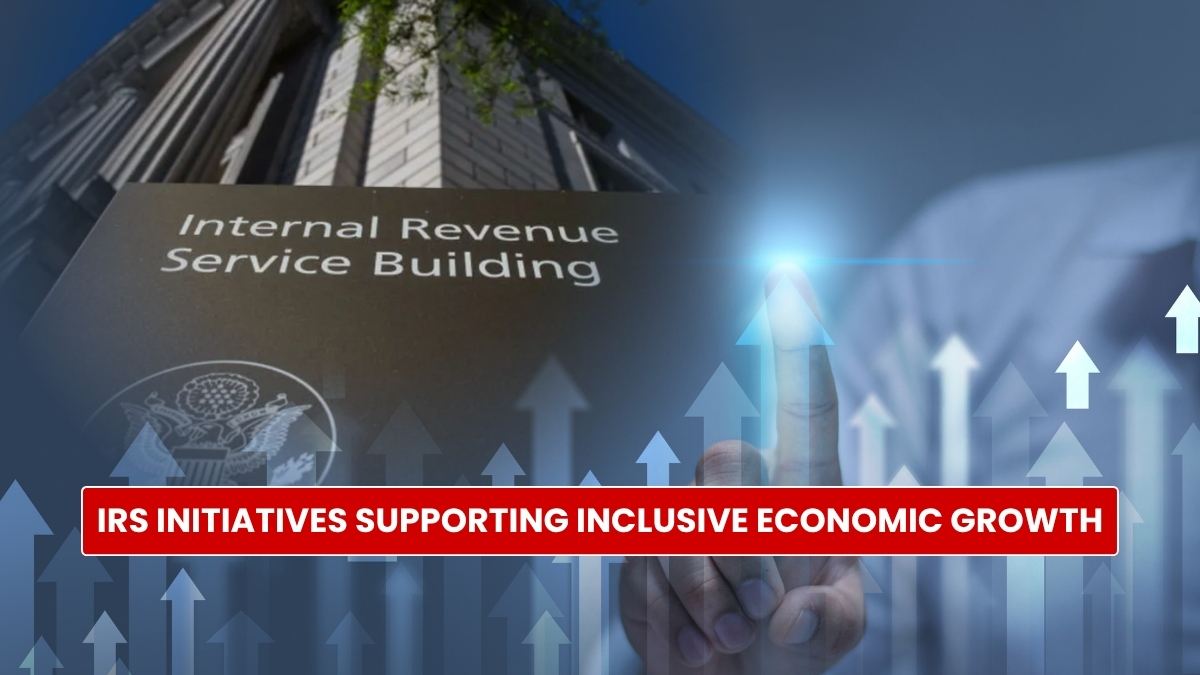Self-employed workers can get the tax break or benefit from the IRS lowering their taxable income, or receive the credit when they file the tax return. The self-employed workers in America can learn about the tax breaks available to them in the article below.
Self-employed people need to file an annual return and estimate quarterly taxes. You will pay income taxes if your net earnings from self-employment are $400 or more. The tax paid amount depends on your earnings, deductions, and filing status.
The tax deductions, credits, and exemptions allow self-employed workers to get some tax relief and save their earnings or even receive a refund. The tax breaks from the agency will lower the financial burden and encourage people to start their own business.
What IRS Tax Breaks exist for self-employed workers?
Self-employed individuals pay for the employer and employee portions in payroll taxes or retirement plans; the tax breaks are highly important to get some relief. Here we have listed the existing tax breaks for self-employed workers:
- Tax Credits: Credits will reduce your tax bill as it is directly subtracted from the taxes you owe the IRS. You can check the major tax credits available for self-employed individuals:
| Tax Credit | Credit Amount | Description |
| Earned Income Tax Credit | Up to $8046 with three or more children | You should be responsible for the child care you are claiming he credit for or meet the other criteria, even if you don’t have the kid. It’s for low-income people who earn below the Income threshold. |
| Work Opportunity Tax Credit | Up 40% of the wages you paid to the employee | When you hired employees from targeted groups |
| Small Business Health Care tax credit | Up to 50% premium paid for small business employers | It’s for small businesses with fewer than 25 full-time employees |
| American Opportunity Credit | Up to $2500 for eligible applicants | If you are a student or a self-employed individual planning to learn more, you can claim the AOTC |
- Tax deduction: The tax deduction reduces your taxable income, which will determine the tax rate and the taxes you pay, for instance:
| Tax Deductions | How does it work? | How much can you deduct? |
| Home Office Deduction | If you work from home or use a portion of your residence for your work, you can claim this deduction. | It depends on the percentage of your home you use for the home office. If 10% of the portion is used, you can deduct 10% of the household expense from the tax return. |
| Retirement Plan Contribution Deduction | You can deduct the contributions you made to the retirement plan. | Depends on the type of retirement plan you contribute to. |
| Qualified Business Income Deduction | Under Section 199A, you can claim the deduction for pass-through income from your taxes | You can deduct up to 20% of your pass-through income. |
| Self-employment tax deduction | You can deduct the self-employment tax on your income tax return. The current rate of SE tax is 15.3% on the net earnings. | It will be half of the self-employment tax. |
| Health Insurance Premiums Deduction | If you paid the health insurance premium, you can deduct it from your taxable income. | 100% of the premium you paid, but not more than your adjusted gross income. |
| Vehicle Use Deduction | You can claim the deduction for a vehicle used for business purposes based on its mileage rate | $0.70 per mile |
| Others | Apart from the above, you have other tax deductions, such as travel, internet/phone bills, education, and other deductions. | |
What are the new tax deductions for tax year 2025 for self-employed individuals?
The federal government has announced new tax deductions under the One Big Beautiful Bill Act for self-employed individuals as well as, such as:
- Tips Deduction:
- You can claim a deduction on the qualified tips listed by the IRS on tips received on or before 31 December 2024.
- The maximum annual deduction allowed under this provision is $25,000.
- The deduction will be phased out for people whose modified gross income is over $150,000 (individuals) and $300,000 (joint filers).
What are the tax exemptions for self-employed individuals?
Apart from the tax credits and tax deductions, you can also take advantage of the tax exemptions available for self-employed individuals:
- Foreign Exchange Income Exclusion:
- You can qualify for the FEIE when you have foreign income and your tax home is in another country, while you must meet the bona fide resident criteria.
- For 2025, the self-employed individuals can exclude $130,000 of foreign-earned income.
- Religious exemption:
- If you are paying self-employment tax and you come from a religious group, you can file for the religious exemption, which can offer some tax breaks to you.
What should you remember while claiming the tax breaks?
When you claim tax breaks with your income tax or self-employment tax, you should keep the following things in mind:
- You must keep a record of the business expenses and others that can be used to claim the deductions or credits.
- You can claim some credits for the prior years as well. While filing, do check if you qualify for any other credit and claim it this year.
- You should check the tax provisions, as the government may change some tax provisions that may make you ineligible for credits and deductions.
- If you are confused about what deductions or credits to apply, you can take the tax professional’s help or use the IRS Free File to prepare your tax returns.
If you are a freelancer, working for yourself, or have a business, you will have to pay self-employment taxes. However, you can get some relief through the major tax breaks available to lower your burden.





